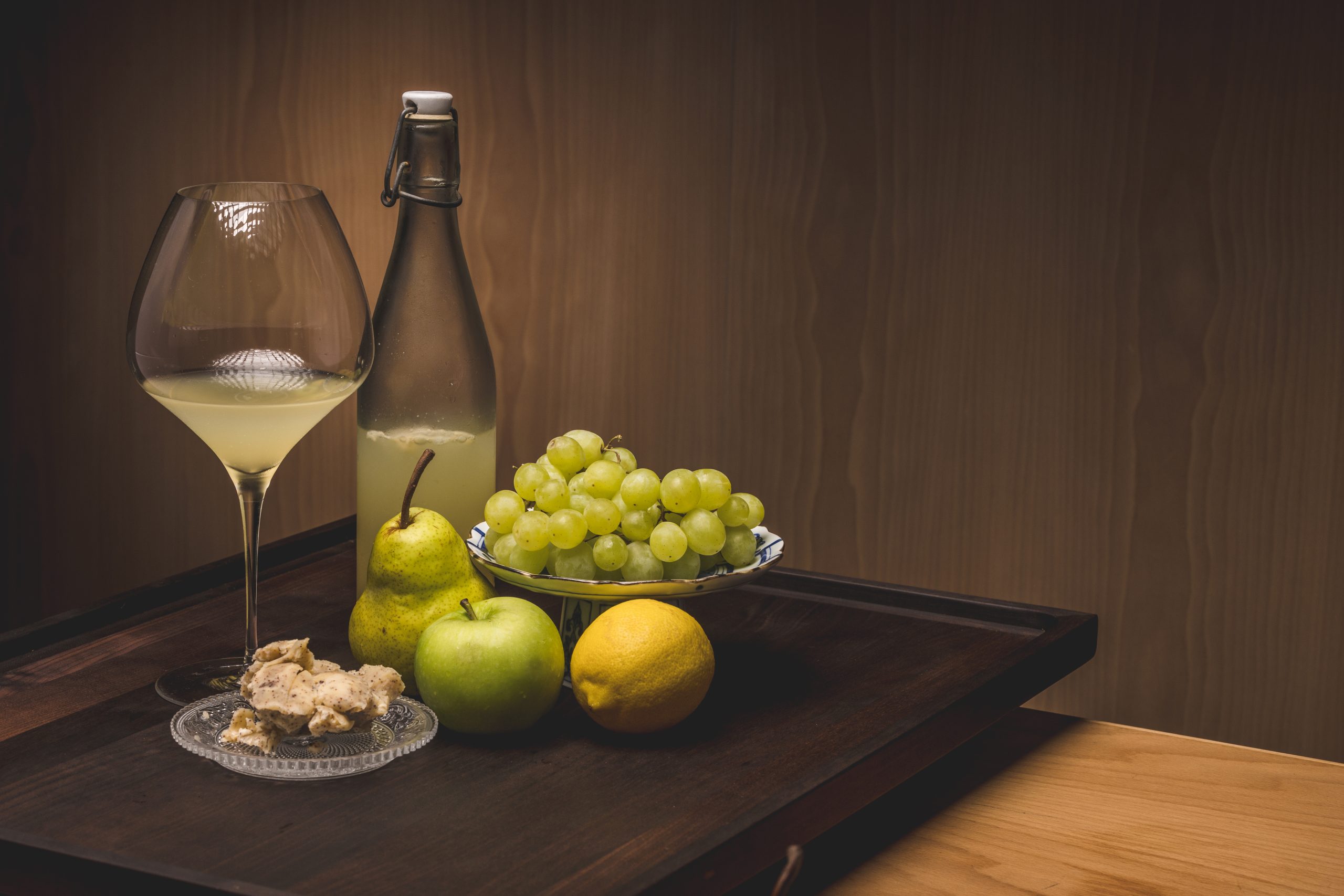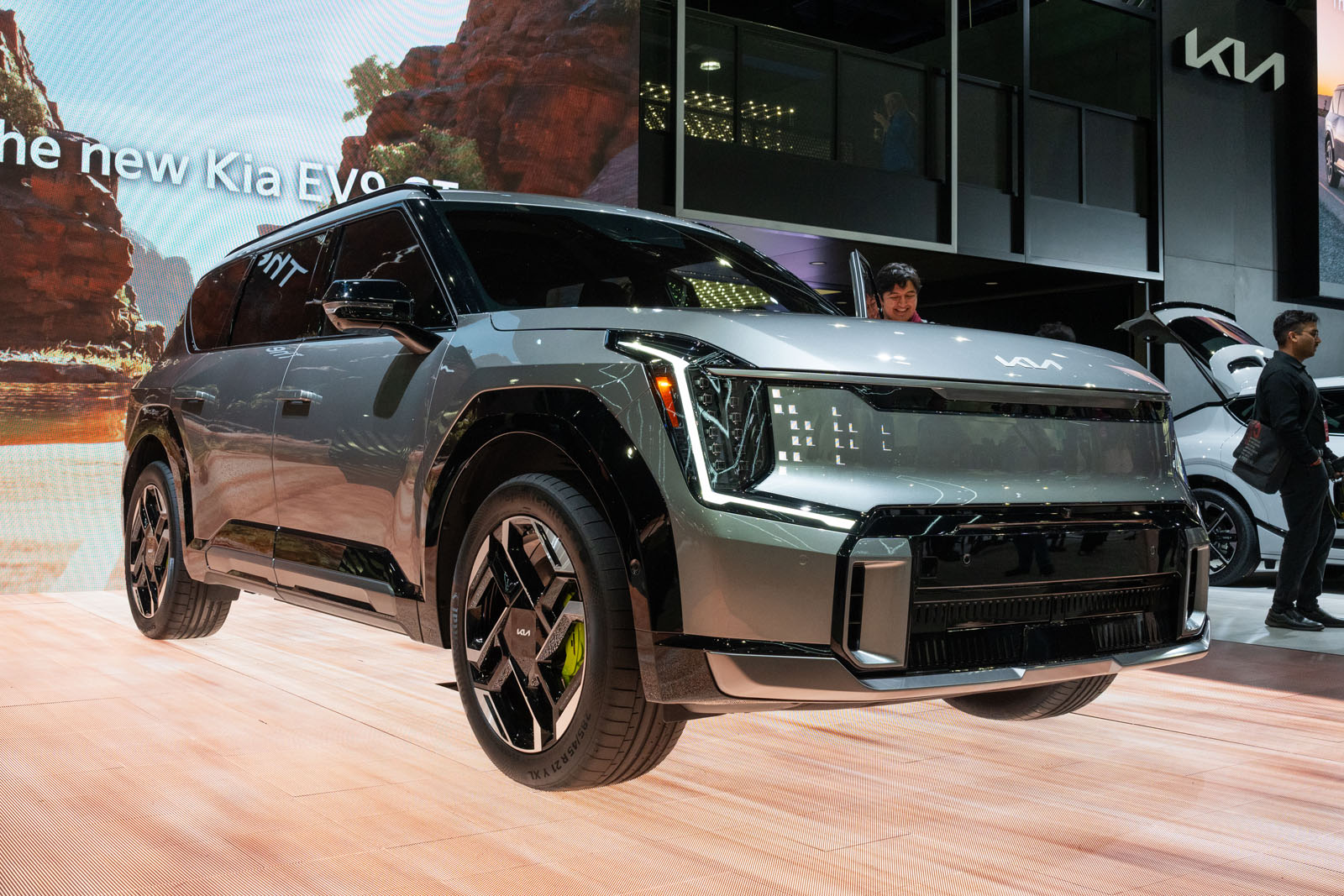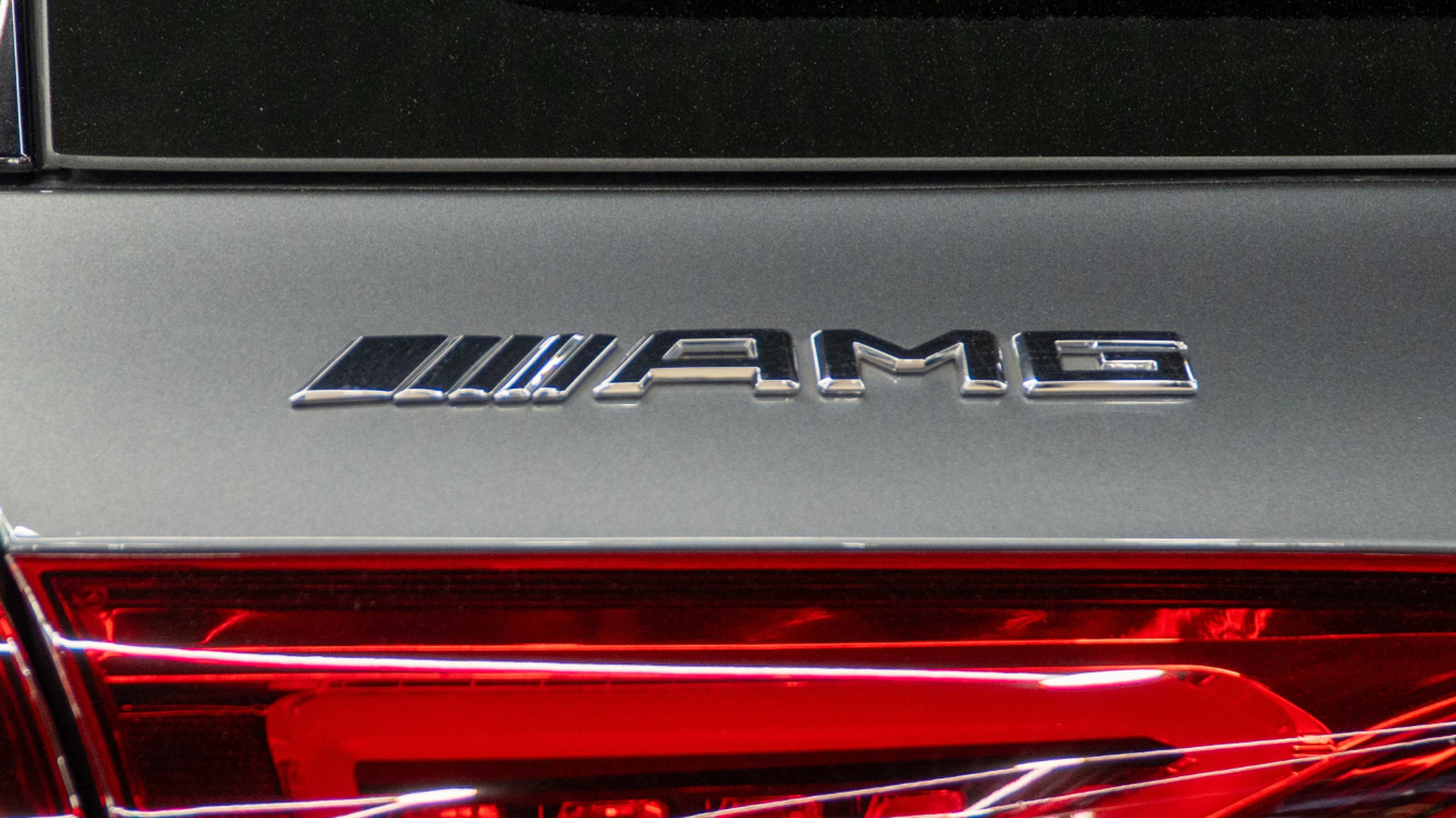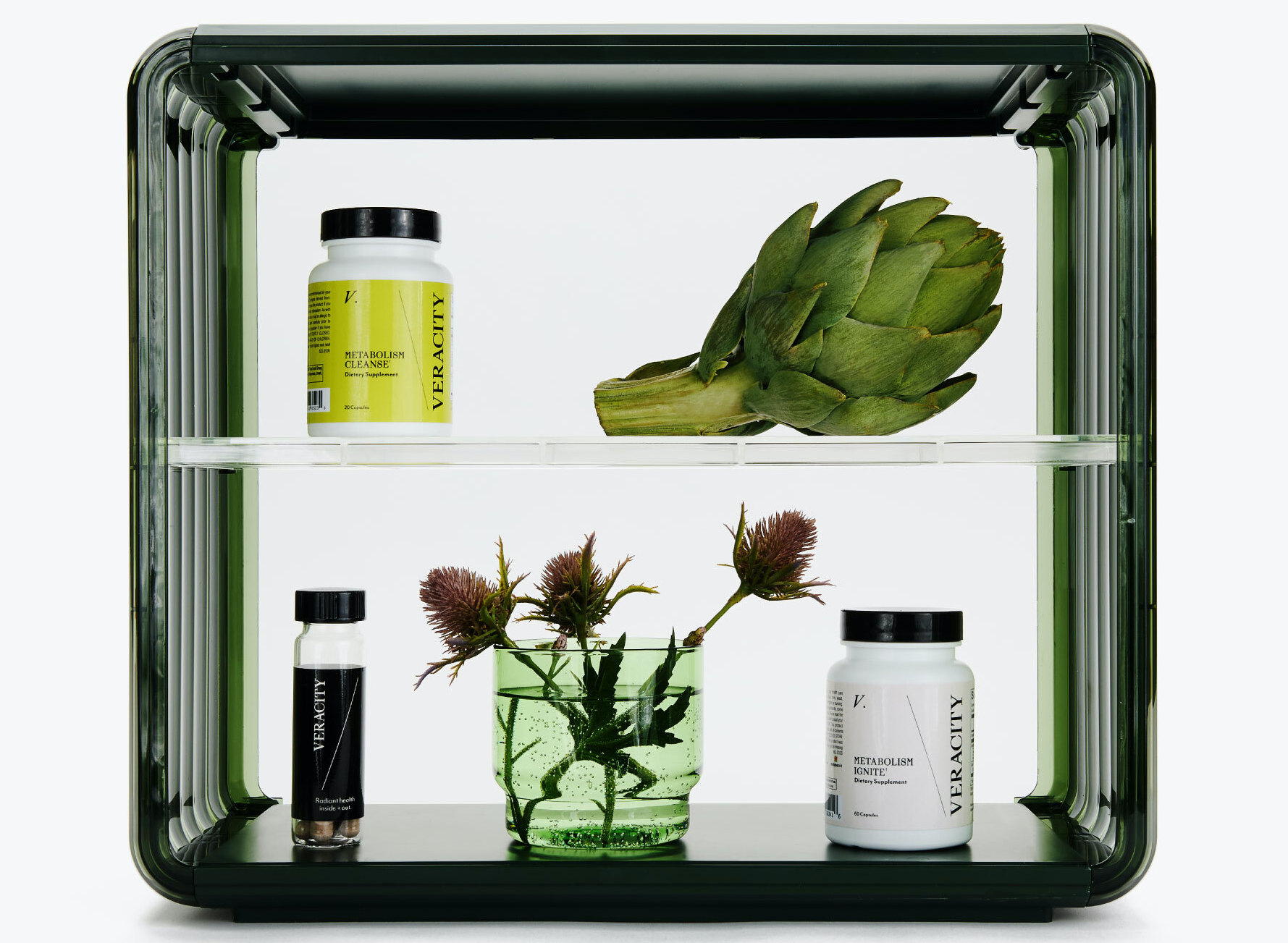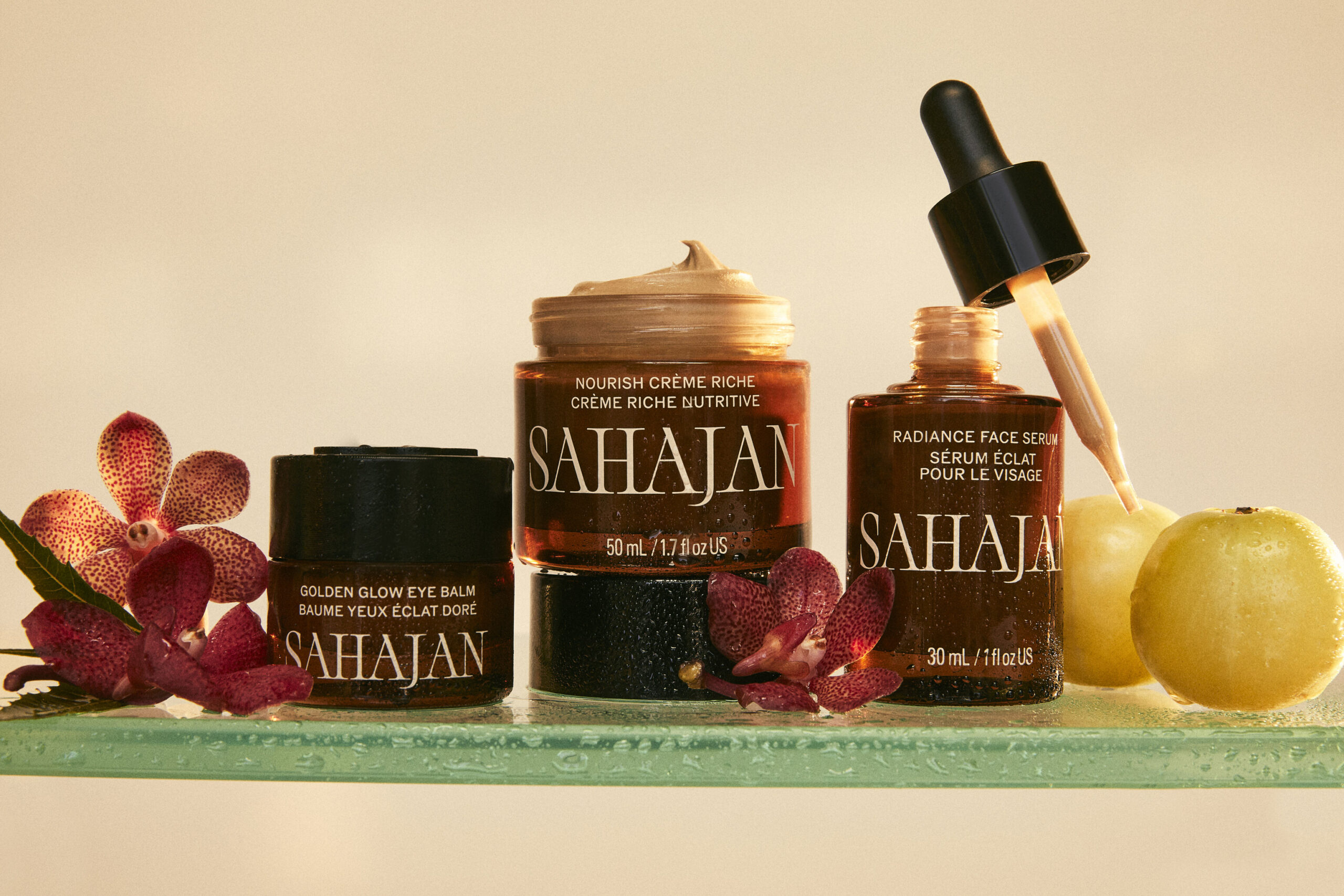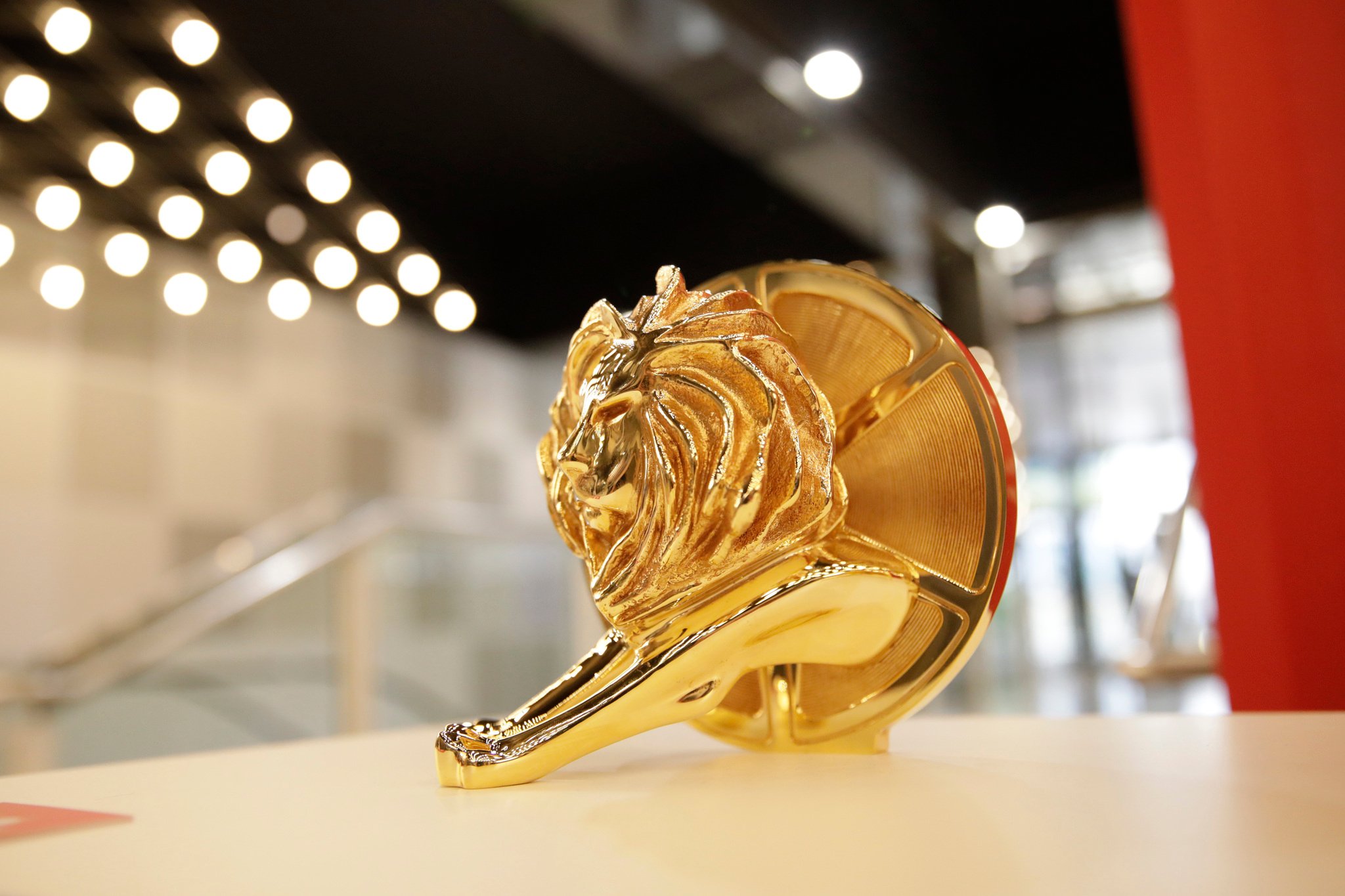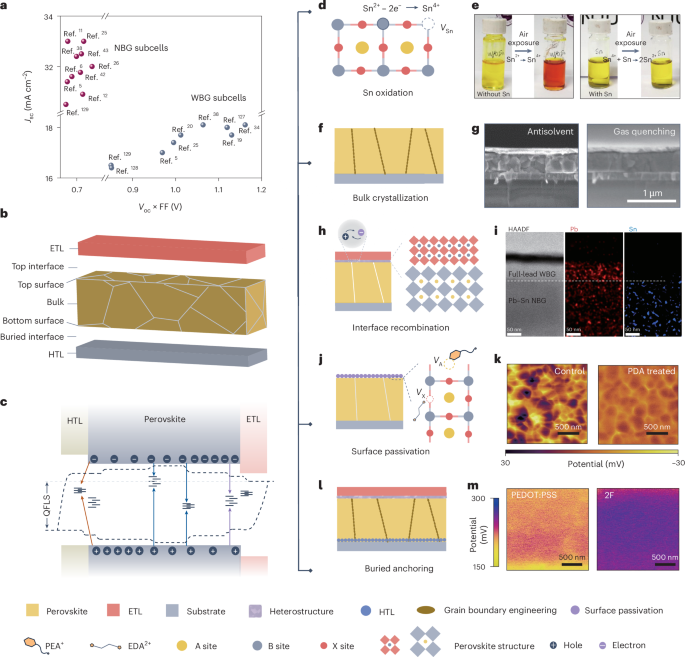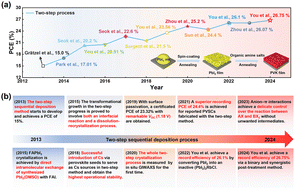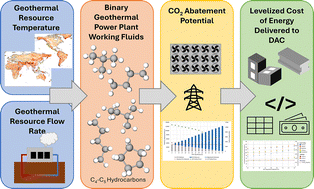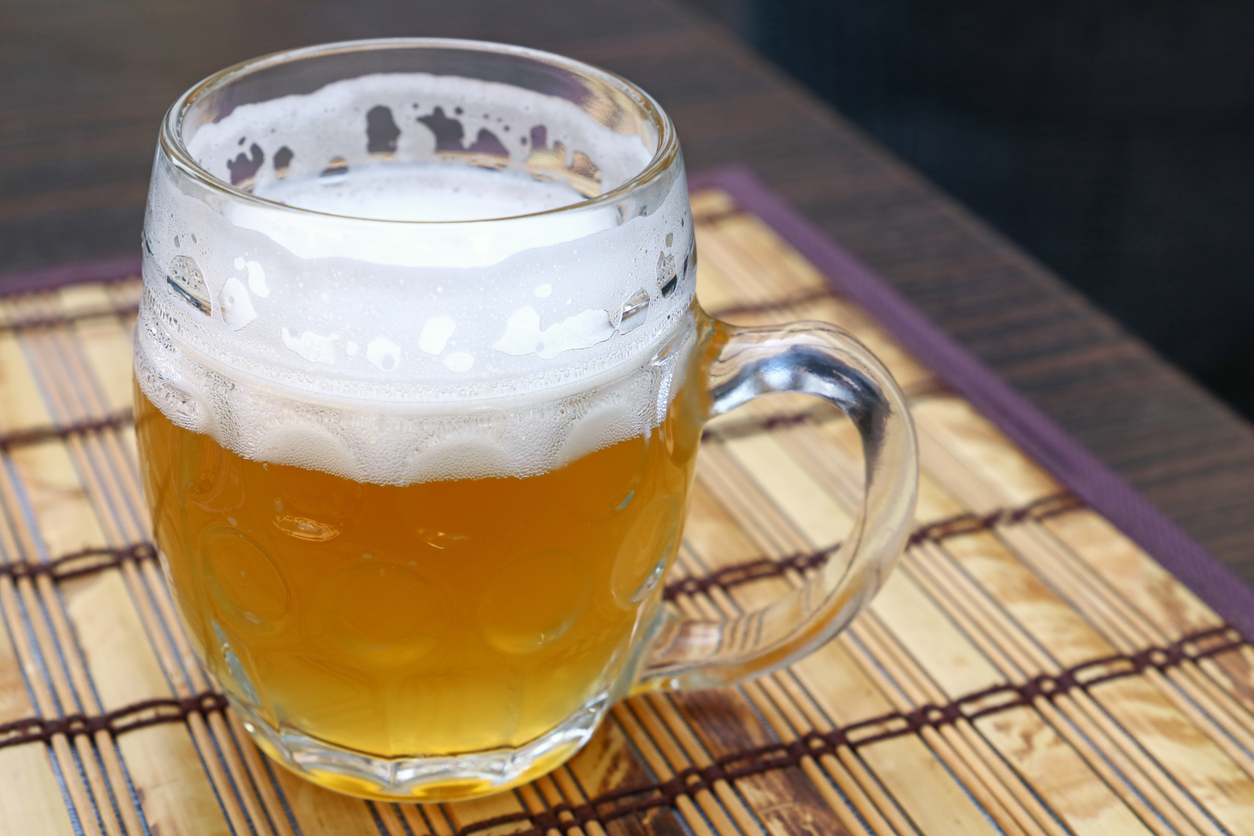With wine sales fluctuating, some top restaurants are turning to fermentation-led, non-alcoholic drinks to match the complexity of their menus. Beverage director Aaron Jacobson tells db why its about creativity, not trends.
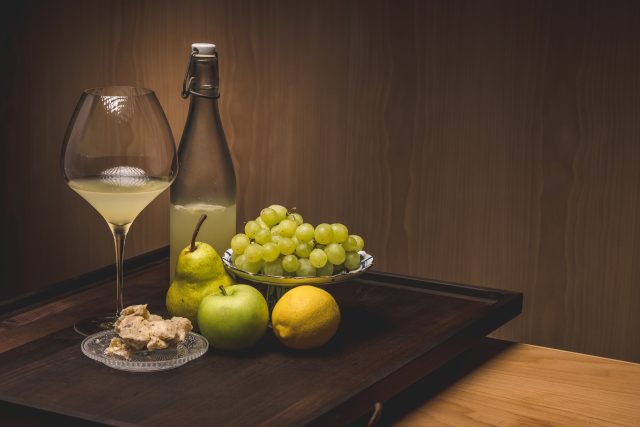
For Singapore’s three-Michelin-starred Zén, the restaurant’s approach to beverage pairing is less about tapping into trending narratives around health, wellness or Gen Z moderation, and more about pushing boundaries and getting creative.
The sister restaurant to Stockholm’s Frantzén, Zén has built a reputation for serving conceptual pairings that are as carefully developed and complex as the food itself. That includes a full suite of non-alcoholic options - crafted through a rigorous, fermentation-led process - as well as more traditional wine and alcohol-based pairings.
Aaron Jacobson, beverage director at Zén, told the drinks business: “It’s all about having a product that’s impressive, innovative and as enjoyable as a traditional alcoholic pairing. Yes, it's appealing to people that don’t drink, but it’s more just about innovation and uniqueness.”
Zén opened in November 2018, and Jacobson took over the beverage programme during the pandemic, which became a turning point in the development of its non-alcoholic pairings. Building on early juice-based concepts from Frantzén, Jacobson began designing multi-stage fermented drinks that incorporated 10 to 15 base ingredients, with fermentation processes lasting anywhere from several weeks to a month.
“There’s a lot of research and experimentation into fermentation,” Jacobson said. “We were experimenting a lot at the start. Now we’ve had well received feedback.”
The restaurant prepares eight different pairings per week, producing around eight litres of each. Jacobson designs all the recipes in-house and says the attention to detail in developing the non-alcoholic options is equal to that of the alcoholic ones.
To illustrate the level of complexity, Jacobson points to a pairing for a grilled pineapple and sweet potato Tart Tatin dessert. The drink, named Askuta after the Chickasaw word for squash, involves a three-step process combining ferments of pumpkin, Japanese yam, grilled pineapple, coconut and molasses. The result is a layered, sweet-savory drink that echoes the caramelised and spiced notes of the dessert, which includes 20-year Mirin, star anise mousse and Mezcal caramel.
On the savoury side, a pairing for grilled Biwa Masu - a fatty freshwater fish from Japan’s Lake Biwa - uses a base of hand-juiced Muscat grapes, heirloom tomato water and lemon curry leaf. This is then blended with a miso brown butter syrup infused with toasted yeast and thyme, producing a fermentation with deep umami character to complement the richness of the dish.
While restaurants such as Noma have been known to explore similar approaches, Jacobson sees their approach as taking it a step further. “Some people do simple, one stage ferments with, say, tea as a base - whereas at Zén we’re doing multi-stage ferments.”
Jacobson is clear that the approach wasn’t a calculated response to prevailing narratives around health, wellness, or the idea that “Gen Z aren’t drinking anymore.” As he puts it: “If you look at wine sales trends, they’ve dropped off about 30%. You have to put energy into being creative.”
Despite not being driven by trends, Zén sells an equal number of non-alcoholic and traditional pairings - something Jacobson puts down to the quality of the drinks themselves, rather than a shift in demand alone.
When asked whether he sees non-alcoholic pairings becoming a standalone category in their own right, he responded: “Yes, absolutely. As restaurants learn to deal with the loss of revenue in traditional areas, it’s time for people to get creative - otherwise you’re going the way to extinction.”
